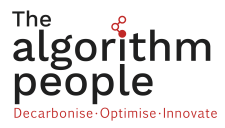Newcastle City Council outlines their commitment to having Net Zero emissions twenty years ahead of the Governments targets.
It’s a bold statement and it requires collaboration on how we generate, mitigate, and adapt to the impacts of climate change.
As fleets in Newcastle look to play their part in this mission the obvious strategy is to swap dirty diesels for electric vehicles (EVs). However, route optimisation technology can also help cut costs and carbon emissions from vehicle operations.
Route Optimisation
This idea is nothing new to fleet managers – after all, most vehicle operators already benefit from telematics. However, many organisations are still unaware that route optimisation can deliver additional savings over and above vehicle tracking systems.
“Our research indicates only about five per cent of fleets are using optimisation.”
Colin Ferguson, co-founder of Newcastle based route optimisation specialists The Algorithm People
Initially, telematics was only viable for the biggest fleets, as it was quite expensive to install and complex to use. As the costs came down and the technology became more user-friendly, it opened up the market to the small and medium-sized vehicle operators.
“Route optimisation is so well embedded in the big players that, today, they couldn’t envisage operating without it. Our strategy is to make it cost-effective and user-friendly enough for the rest of the market so that it becomes an essential tool for them in their fight to cut emissions and costs,” Ferguson said.
Key benefits
Route optimisation is powered by intelligent algorithms which calculate the most efficient way for an organisation to complete all its daily tasks involving vehicles. The algorithms make these calculations in a fraction of the time it would take a team of people – and deliver better results.
The achievable benefits can be surprising. “The platform is so efficient that it can reduce total fleet mileage by up to 20 per cent, with the clear reductions in greenhouse gas emissions which that brings,” added Ferguson. “It can also cut total transport costs by up to 30 per cent. These are huge savings and far outweigh the price of using route optimisation, meaning it delivers a rapid return on investment.”
Who uses it?
Route optimisation is most effective for planning vehicles that visit multiple sites per shift. This could be multi-drop operations such as last-mile logistics, couriers, or home delivery – but equally, it could be scheduling site visits for service engineers or community transport such as a minibus for the elderly and vulnerable.
New ways of consuming route optimisation, such as pay-as-you-go platforms, creates new possibilities. A fleet manager can finally deploy route optimisation for the parts of their business where it is effective, without having to pay for it for the parts where it might not be needed.
“For those struggling to adopt electric vehicles, route optimisation offers another way to reduce emissions while also cutting costs,” Ferguson said.
Route optimisation: Are you missing out?
- New platforms are more affordable and user-friendly
- The efficiency gains can give you a competitive edge
- Achievable savings include:
- 30% on total transport costs
- 20% on fleet mileage and emissions
- Substantial reduction in planning time
About The Algorithm People
The Algorithm People are solutions providers in the truest sense of the phrase – we solve problems.
Our founders, Colin and Sarah Ferguson, have delivered optimisation solutions for major retail and logistics companies, generating proven savings of 20% in fuel expenditure and a 30% increase in productivity for one major fleet. They remain best-known for establishing Route Monkey, one of the first companies to use algorithms to provide highly accurate route optimisation and automated scheduling of resources and assets.



